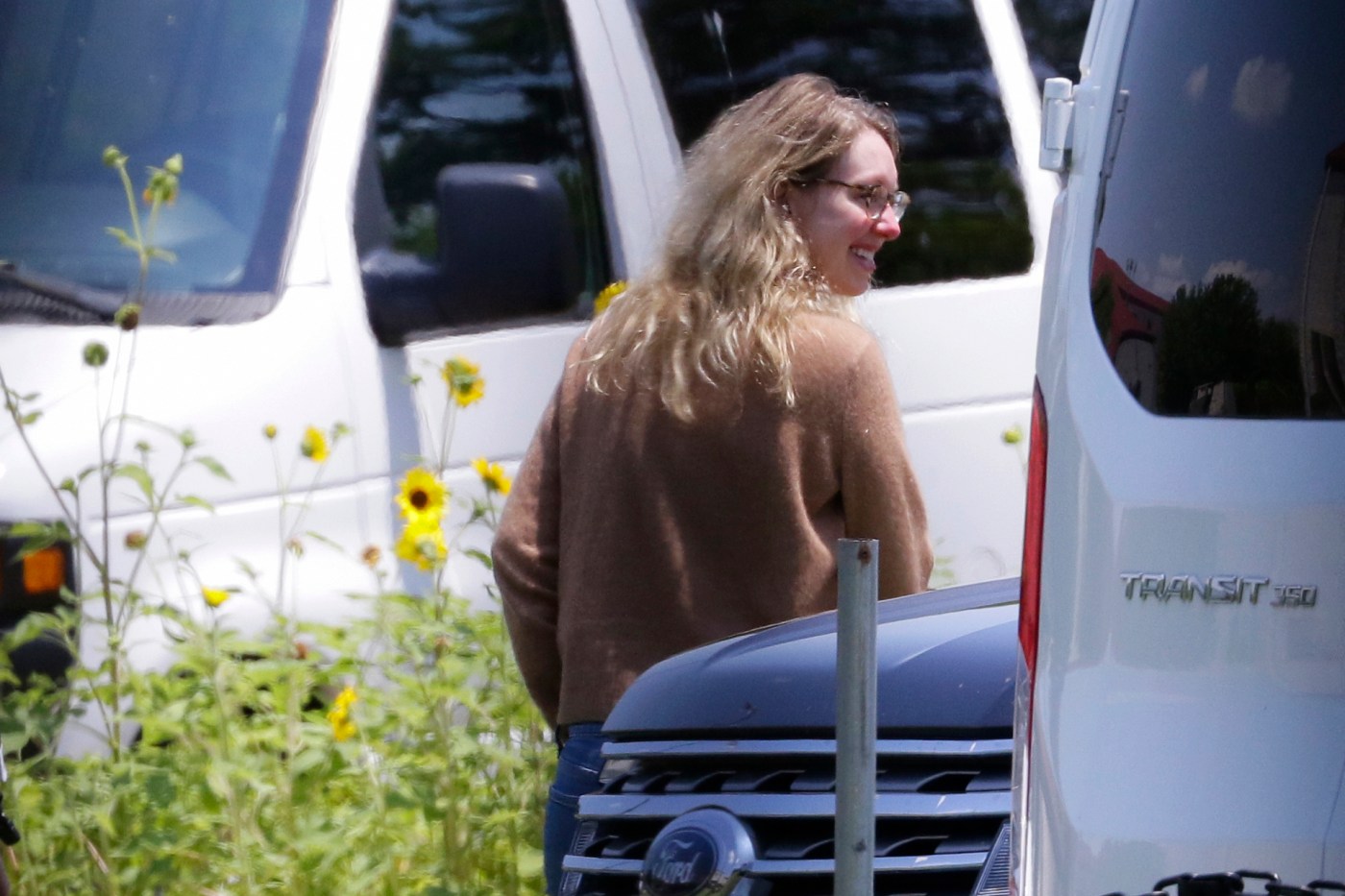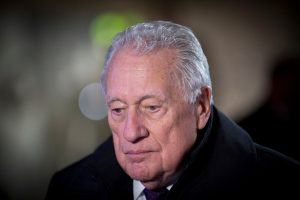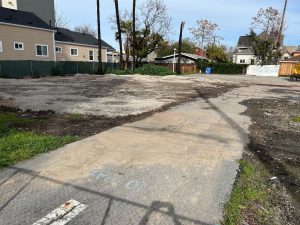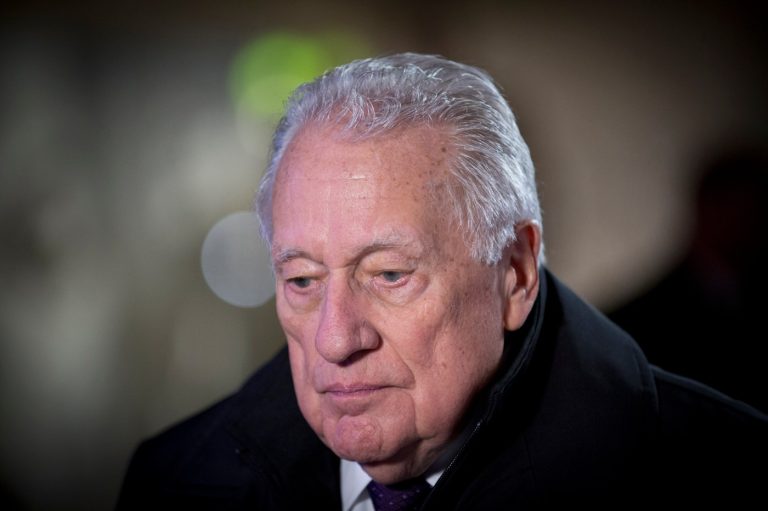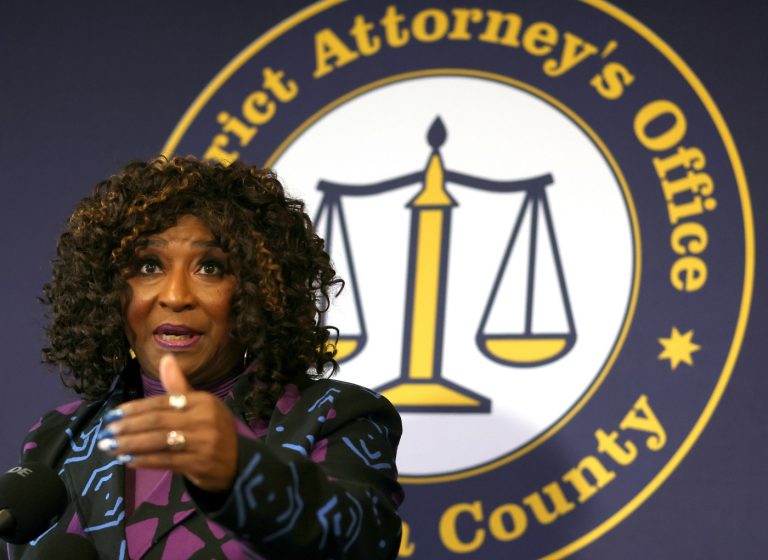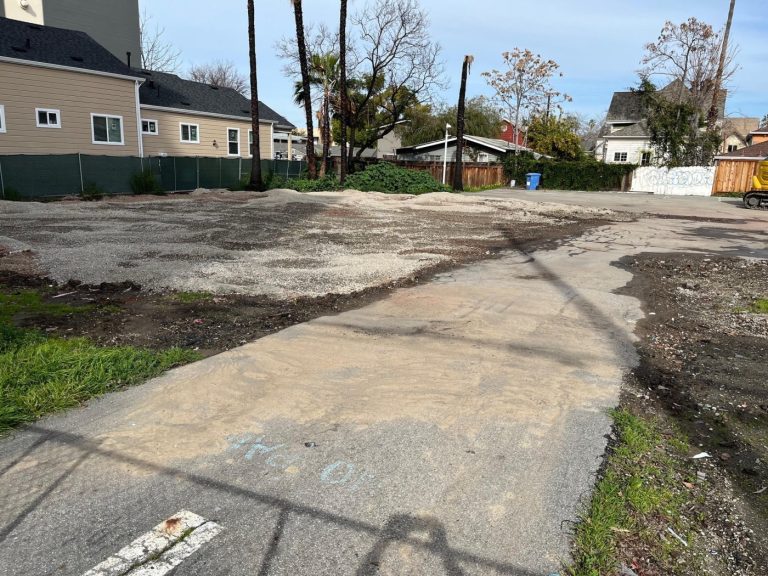Theranos founder Elizabeth Holmes has lost her appeal of her fraud conviction.
A three-judge panel of the U.S. Court of Appeal for the Ninth Circuit on Monday upheld lower court rulings finding Holmes guilty of felony fraud, sentencing her to more than 11 years in prison and ordering her to pay hundreds of millions of dollars in restitution.
Judge Jacqueline Nguyen’s written opinion reflecting the panel’s decision rejected arguments by Holmes’ lawyers — that the trial judge improperly allowed some testimony and improperly prohibited other testimony, and that a regulator’s report could have misled the jury — on a point-by-point basis.
Theranos, the now-defunct Palo Alto blood-testing startup Holmes founded in 2003, falsely claimed its machines could use just a few drops of blood from a finger-prick to perform more than a thousand tests, for everything from diabetes and cancer to pregnancy and HIV infection.
Holmes, 41, is incarcerated at a federal minimum-security prison camp outside Houston.
The ruling caps for now a saga that captivated the nation since the charismatic entrepreneur, known for adopting the black turtleneck of legendary Apple co-founder Steve Jobs, was charged with criminal fraud in 2018. Over the six years, Holmes regularly attended proceedings in U.S. District Court in downtown San Jose that were capped by a four-month trial that led to her 2022 conviction on four felony counts of defrauding investors.
Holmes gave birth to a son in July 2021 while awaiting trial. Between her November 2022 sentencing and her imprisonment the following May, she had a baby daughter with hotel heir Billy Evans, also the father of her son.
On June 11, her appeal was heard in the U.S. Court of Appeals for the Ninth Circuit in San Francisco, with one of her lawyers and a prosecutor facing off before a three-judge panel. Appeals courts can order new trials if they find trial judges made mistakes in applying the law or if proceedings were not fair.
Holmes’s lawyer, Amy Saharia, claimed that Judge Edward Davila, who presided over the trial in the U.S. District Court in San Jose, had improperly allowed former Theranos scientist Dr. Kingshuk Das to give expert testimony before the jury. Appellate court Judge Ryan Nelson said that claim may have represented unfairness toward Holmes, but said her conviction was backed by “pretty overwhelming evidence.”
Saharia argued that the central issue in the case was whether Holmes knowingly misrepresented the capabilities of Theranos’ technology, Saharia said. “She in good faith believed in the accuracy of this technology,” Saharia told the appeals-court judges.
Holmes, a Stanford University dropout, was charged in 2018 in connection with $878 million in losses among investors in Theranos, which was once valued at $9 billion. Her trial judge Edward Davila pegged the hit to investors resulting from her criminal conduct at $381 million.
In November 2022, Davila sentenced Holmes to 11 years and three months in prison. Holmes, U.S. Bureau of Prisons inmate No. 24965-111, has slashed about two years off her term — likely through good behavior and taking programs at her minimum-security prison — and is scheduled to walk free in August 2032.
Jurors in Holmes’ trial heard evidence that she doctored internal Theranos documents by adding pilfered pharmaceutical companies’ logos to suggest the firms had validated her technology, and that she and Theranos had falsely suggested to investors that her machines were in battlefield use. The jury also heard that Theranos provided investors with wildly inflated revenue expectations and that it sought to cover up the poor performance of its machines.
Holmes could appeal to the U.S. Supreme Court, but its justices only hear about 100 to 150 appeals per year of the more than 7,000 it is typically asked to review, according to the courts system.
Check back on this developing story.
